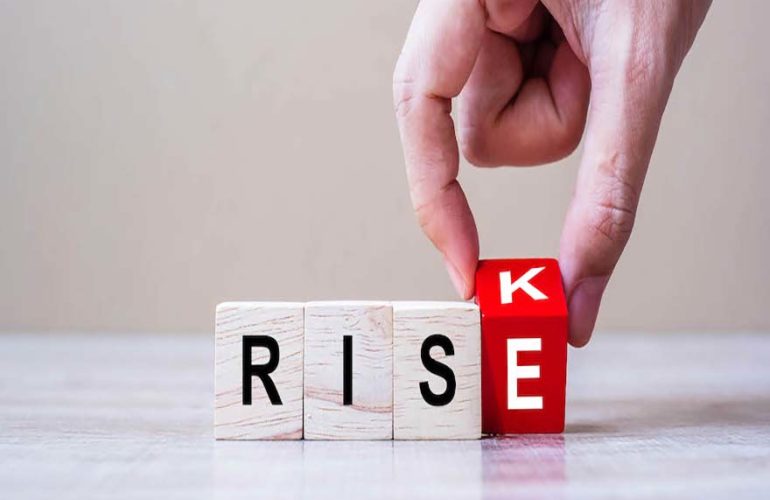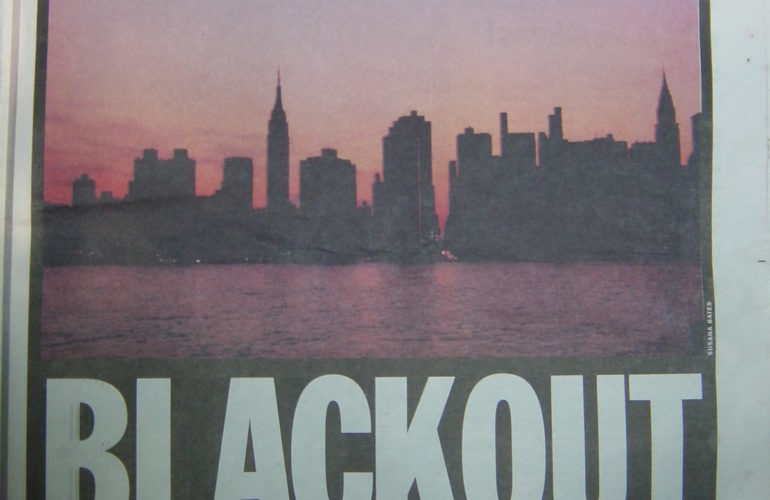What we learned from the Blackout in Spain on 28 April 2025
Related article: one of our co-founders experienced the historic blackout in New York in 2003.
The unprecedented power outage that struck Spain, Portugal, and parts of France on 28 April 2025 offers several critical lessons for policymakers, grid operators, and the public. Here are the main takeaways:
1. Grid Vulnerability and Interconnection Risks
-
The blackout was triggered by a technical fault-likely a critical transmission line outage in France-which severed the Iberian Peninsula from the European synchronous grid. This isolation led to a rapid supply-demand imbalance and a cascading collapse of the Spanish and Portuguese grids.
-
The event highlights the vulnerability of national grids to faults at interconnection points, especially when interconnection capacity is limited and system inertia is low due to high renewable penetration.
2. Renewable Energy and System Stability
-
Spain’s heavy reliance on renewables, which provide less system inertia than traditional power sources, contributed to the rapid destabilization of frequency and made the grid more susceptible to collapse under stress.
-
The blackout raises questions about the pace of nuclear and coal plant closures and the need for robust backup and balancing mechanisms as the energy transition accelerates.
3. Importance of Emergency Protocols and Coordination
-
The swift activation of emergency protocols by grid operators, authorities, and essential services (hospitals, airports, etc.) prevented a larger humanitarian crisis. Backup systems and coordinated responses ensured critical infrastructure continued to function.
-
International cooperation between Spanish and Portuguese grid operators was instrumental in containing the incident and preventing a wider European blackout.
4. Communication and Public Response
-
Clear, timely communication from authorities and grid operators via social media and radio helped manage public anxiety and provided essential updates, even as internet and mobile networks were disrupted.
-
The public’s calm and responsible response, with minimal incidents despite widespread disruption, was crucial in avoiding chaos and allowing emergency services to focus on critical needs.
5. Need for Investment in Grid Resilience
-
The event is a “wake-up call” for Europe, underscoring the need for greater investment in grid modernization, real-time monitoring, smart grid technologies, and increased interconnection capacity across EU member states.
-
Enhanced grid resilience will be essential as Europe’s energy systems become more integrated and dependent on variable renewable sources.
6. Ongoing Investigation and Uncertainty
-
While initial fears of cyberattack or sabotage have been largely dismissed by grid operators, the precise technical causes remain under investigation. Authorities are examining the sequence of disconnection events and the structural weaknesses that allowed a local fault to escalate into a continental-scale blackout.
-
The incident has prompted Spain’s government to set up a commission to ensure such a failure does not recur, with criminal courts also probing possible sabotage as a precaution.




